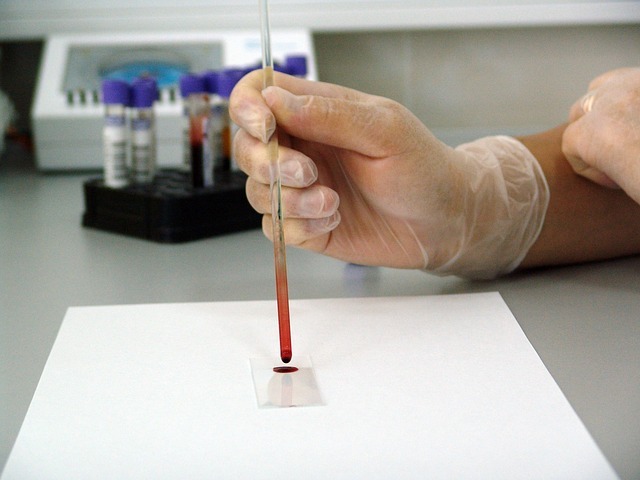
Logix Smart ZDC multiplex test has been developed to detect the presence of Zika, dengue, and chikungunya within a single polymerase chain reaction (PCR) test.
According to the company, the test’s performance confirms the specificity offered by its CoPrimer platform in multiplex PCR applications.
The firm secured CE mark approval for its ZDC multiplex test after validating its performance, allowing to sell the diagnostic across the European Community, Latin America, the Caribbean Basin and other jurisdiction that accepts a CE mark as valid regulatory approval.
The company has showcased the introduced Logix Smart ZDC multiplex test at the 64th Annual 2019 Caribbean Public Health Agency (CARPHA) Health Research Conference.
Co-Diagnostics CEO Dwight Egan said: “Our CE-marked ZDC multiplex test for Zika, dengue, and chikungunya was designed specifically to meet the demands of markets where these diseases are present, including countries in Europe, Central and South America and the Caribbean region.
“The development-to-regulatory approval turnaround time of about 6 months underscores our ability to quickly and efficiently design, develop, and validate high-quality molecular diagnostics.”
Logix Smart ZDC test kit uses CoPrimer technology to differentiate between the ribonucleic acid (RNA) of Zika, dengue and chikungunya viruses, as well as detect and amplify regions of the viruses’ genomes.
The kit is designed and validated to detect Zika, dengue or chikungunya viruses even when more than one target is present, such as in co-infections.
Co-Diagnostics, which is a Utah corporation, is involved in the development, manufacturing and marketing of advanced diagnostics technologies.
The firm’s technology is used for tests, which are designed using the detection and analysis of nucleic acid molecules such as DNA and RNA.
It also uses its advanced technology for the designing of specific tests to locate genetic markers for use in industries other than infectious disease and license the use of those tests to specific customers.



